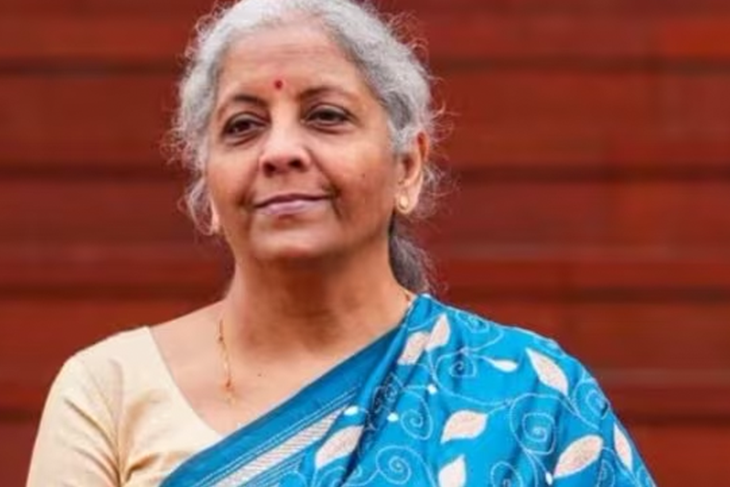Given that it is an interim budget, the Hon’ble Finance Minister has strived to balance increasing social welfare outlays and maintaining fiscal deficit levels.
While the emphasis on social sectors in the Interim Budget 2024, the government’s commitment to addressing fundamental social needs through investments in education, healthcare, and welfare programs is welcome; sustained efforts are essential to ensure effective implementation and equitable distribution, providing universal access to critical services for socio-economic development. Housing for all and transformative measures supporting eight crore women in self-help groups are crucial aspects, aiming to empower women as owners of both farm and non-farm enterprises.
The interim budget extends the scope of several welfare programs, including multidimensional poverty targeting schemes, Pradhan Mantri Awas Yojna, Pradhan Mantri Kisan Samman Nidhi, and Lakhpati Mahila Kisan Yojna, for another five years. While there is nominal growth in proposed BE 24/25 compared to RE estimates, fiscal consolidation progress is more substantial than expected by the industry and several economists, with a planned reduction in fiscal deficit to 5.1% in 2024/25 from the current 5.8%. The budget, however, leaves certain areas wanting, such as the shortfall in rural housing, the need for expansion in PM Kisan Samman Nidhi, and considerations for tenant farmers. The budget’s focus on MGNREGA remains the same, and the new scheme for urban dwellers requires higher outlays.
It is also welcome that the commitment for ‘net-zero’ by 2070 has been made in this budget. The measures mentioned were towards viability gap funding for harnessing offshore wind energy potential, coal gasification and liquefaction, phased mandatory blending of compressed biogas (CBG) in compressed natural gas (CNG) and piped natural gas (PNG) and financial assistance for procurement of biomass aggregation machinery. Further, the e-vehicle ecosystem is going to be strengthened by supporting manufacturing and charging infrastructure as well as the adoption of e-buses for public transport. A new scheme of bio-manufacturing will be launched to promote green growth by providing environmentally friendly alternatives such as biodegradable polymers, bioplastics, bio-pharmaceuticals, and bio-agri-inputs. As a follow-up to the PM’s announcement last month, the scheme is to install rooftop solar panels with a benefit of 300 units of free electricity per month for residents.
Given how climate change is already impacting communities in India – with the increased frequency and intensity of extreme climate events, including the heat wave that took place last year, affecting crop production, the budget stops short of providing a framework for climate-related loss and damage compensation. World Bank estimates that by 2030, India may account for 34 million of the projected 80 million global job losses from heat-stress-associated productivity decline, with more than 101 billion hours of work lost annually in rural and urban sectors. The Reserve Bank of India’s reports suggest that up to 4.5% of India’s GDP could be at risk by 2030 owing to lost labour hours from extreme heat and humidity. In such circumstances, operationalising the loss and damage fund becomes crucial and budgetary allocations are, therefore, the need of the hour.
Moreover, policies which recognise the role played by marginalised communities in protecting the environment and reducing the impacts of climate change were not touched upon by the FM in her budget speech. Expectations were high for new announcements on schemes introduced last year like the National Mission on Natural Farming, MISHTI – the Mangrove Initiative, Amrit Dharovar, GOBARdhan and PM-PRANAM.
It must be noted that, by tradition, grand schemes and policies are not often part of interim budget announcements. Therefore, what has been missed in this budget might be expected to be covered in the final budget after the elections. In the Finance Minister’s own words, the people of India are looking ahead with hope and optimism.
Moving forward, prioritising last-mile connectivity is crucial for inclusive development. The government’s focus on this imperative is timely and essential for realising the vision of a truly equitable society.
Disclaimer: The article was originally published on FirstPost. The views expressed in the article are the author’s and do not necessarily reflect those of ActionAid Association.
 Author: Sandeep Chachra
Author: Sandeep Chachra

